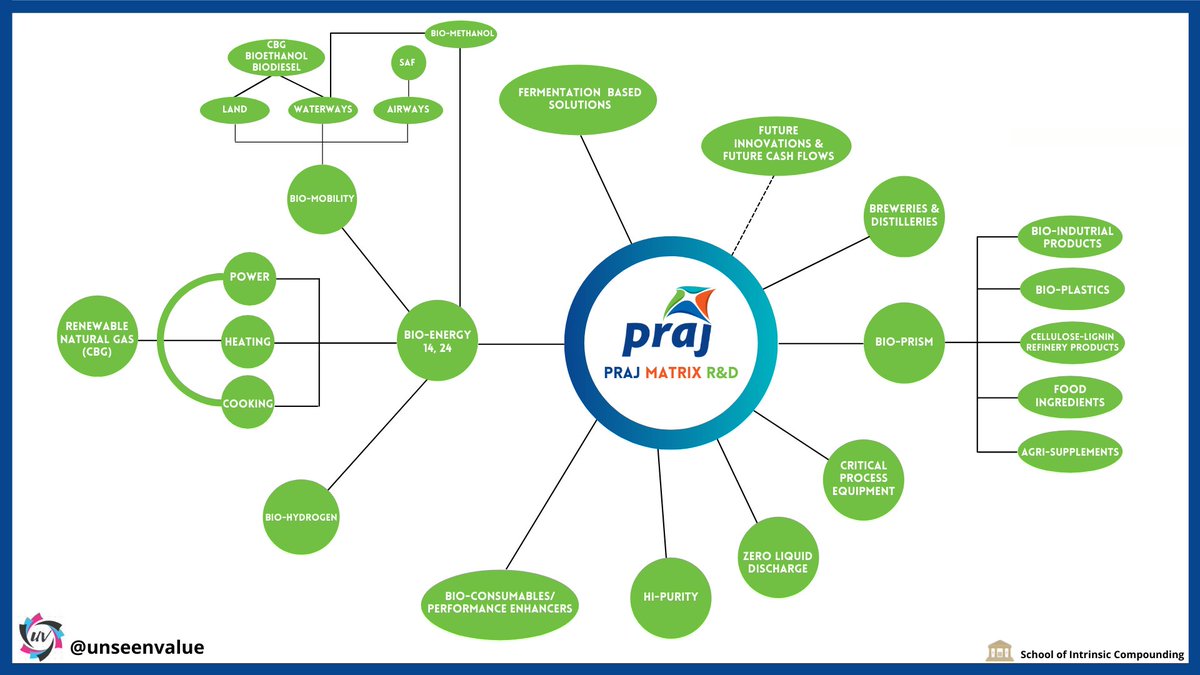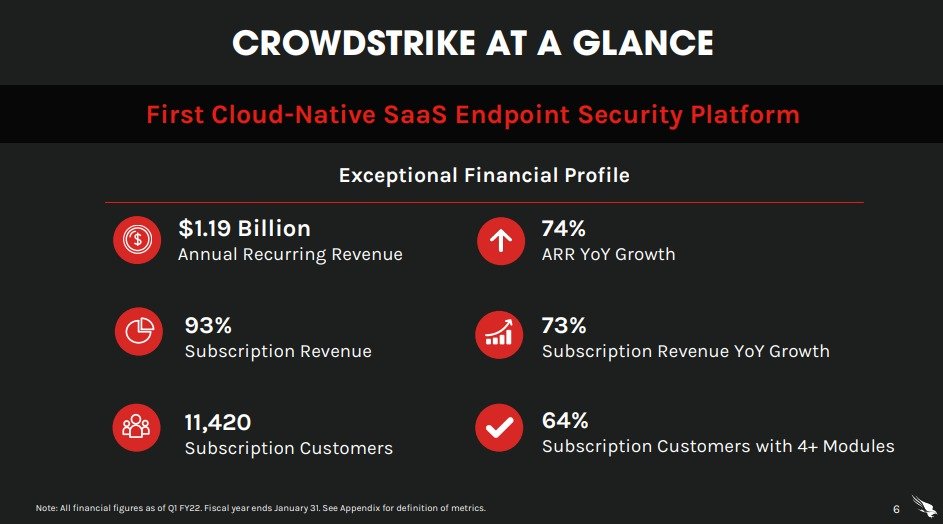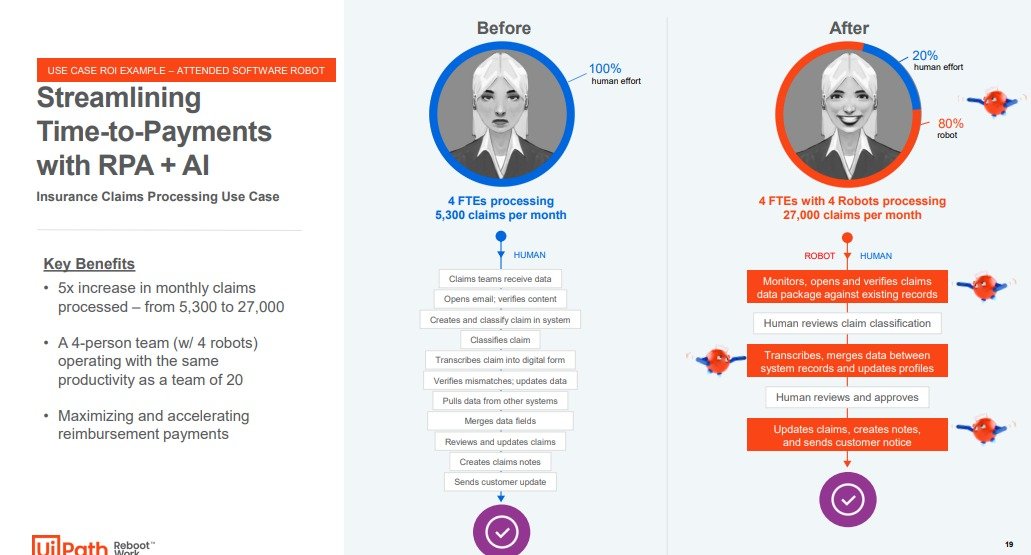This thread is for investors or those who are interested in CDSL as an investment. Often the central reason quoted for an investment here is the gush of FCF the business produces and some float money also to boot. But this argument ignores a central problem as well. (1/11)
https://t.co/DZCmOJ0TFi
(3/11)
https://t.co/071lwnnwJ4
(4/11)


https://t.co/ss1bYu5qGM
The recently introduced Buyback Tax is also a bummer, no doubt. (7/11)

https://t.co/nhcpvkllMS
(11/11)
More from Dinesh Sairam
More from Ideas
Why do companies like Quibi raise billions, while companies like Peloton get nothing?
Because fundraising is a GAME
And the insiders keep the rules to themselves.
Here are 100 tips the insiders don’t want you to see but will help you win the game:
1. You can’t play the game without nailing the basics.
There are 5 core ingredients to a startup pitch.
Most have 2.
Good ones have 4.
The best have all 5.
There\u2019s a lot of bad advice out there on how to pitch your startup.
— Romeen Sheth (@RomeenSheth) April 10, 2021
Last year, I invested $1M+ and heard 200 companies pitch.
Every great pitch I've heard nails 5 ingredients.
In this thread, we'll go through each to help maximize your chances when fundraising
Let's dig in\U0001f447 pic.twitter.com/FBaUUWHz8L
2. Now that you have a grasp of the basics, it’s time to level up.
Good news - most founders make the same mistakes as each other.
Bad news - these mistakes are really easy to make.
Here's what not to do:
0/ After evaluating 200+ startups this year, I've been in some awesome and not so awesome pitches.
— Romeen Sheth (@RomeenSheth) December 28, 2020
Here are the top 10 mistakes I see Founders make that routinely derail fundraising \U0001f447\U0001f447\U0001f447
3. Ok so you told me what not to do.
So what should I do?
Read below.
0/ Last night I tweeted about the top 10 things Founders do that derail fundraising. It struck a chord. 2,500+ liked the tweet.
— Romeen Sheth (@RomeenSheth) December 30, 2020
I got a ton of DMs asking the opposite question: \u201cWhat are the top things Founders do well when fundraising?\u201d
Here's my top 10 \U0001f447\U0001f447\U0001f447
4. We’re in a really unique fundraising environment right now.
It’s important to contextualize all these tips in the “here and now” of what’s going on in the landscape.
Raising money for startups is wild right now. I\u2019ve never seen anything like it.
— Romeen Sheth (@RomeenSheth) May 5, 2021
Lots of Founders are wondering how to approach it and who they should partner with.
Here are 10 observations / practical tips I've shared with 100+ Founders in the last few months \U0001f447\U0001f447\U0001f447
You May Also Like
It's all in French, but if you're up for it you can read:
• Their blog post (lacks the most interesting details): https://t.co/PHkDcOT1hy
• Their high-level legal decision: https://t.co/hwpiEvjodt
• The full notification: https://t.co/QQB7rfynha
I've read it so you needn't!
Vectaury was collecting geolocation data in order to create profiles (eg. people who often go to this or that type of shop) so as to power ad targeting. They operate through embedded SDKs and ad bidding, making them invisible to users.
The @CNIL notes that profiling based off of geolocation presents particular risks since it reveals people's movements and habits. As risky, the processing requires consent — this will be the heart of their assessment.
Interesting point: they justify the decision in part because of how many people COULD be targeted in this way (rather than how many have — though they note that too). Because it's on a phone, and many have phones, it is considered large-scale processing no matter what.





























